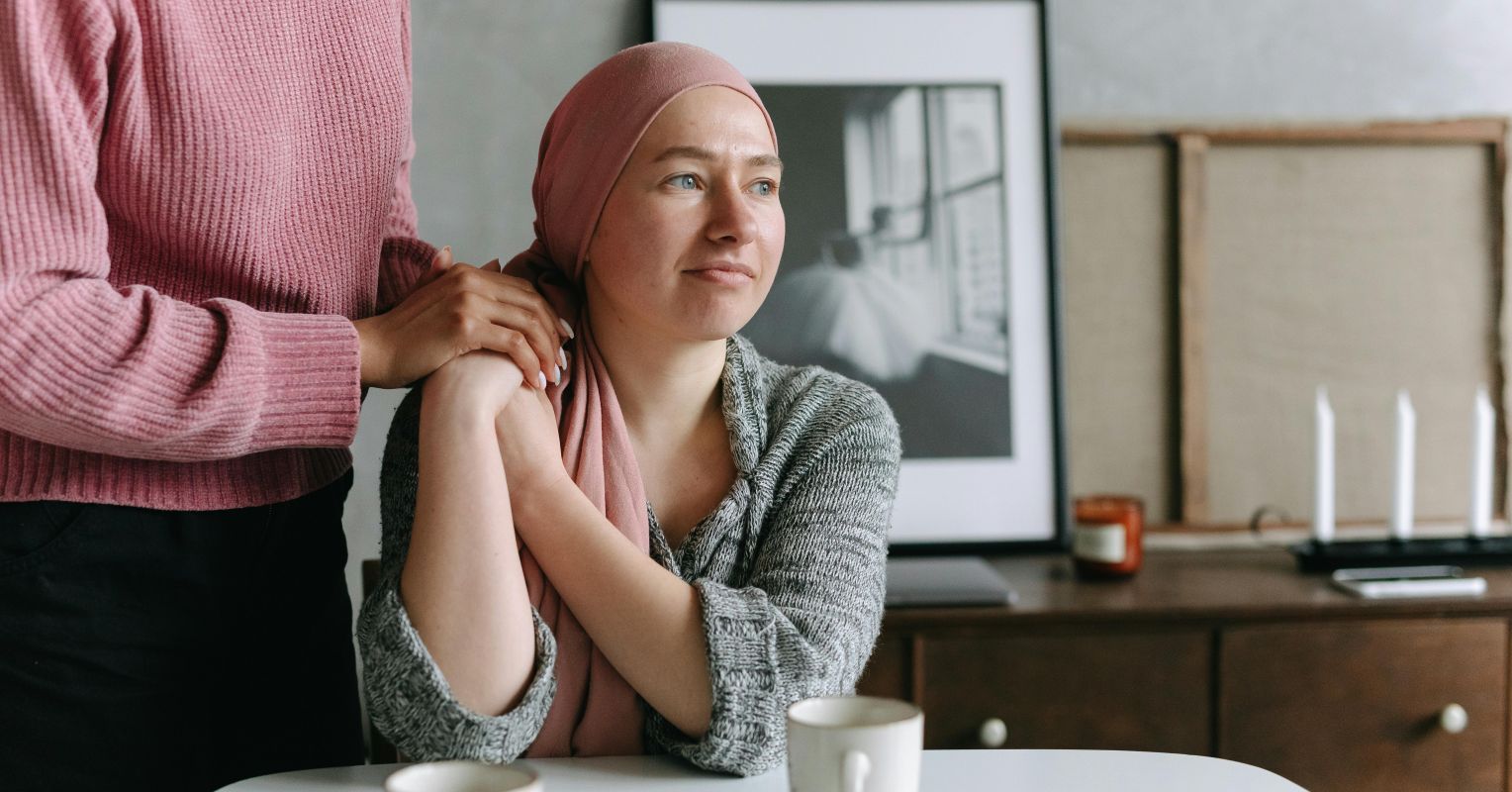
"Combination therapies allow oncologists to address the complexities of tumors by targeting multiple pathways simultaneously, leading to improved patient outcomes and enhanced treatment options."
"The variety of available therapies, such as targeted treatments and immunotherapies, presents opportunities to personalize combination strategies based on an individual's tumor biology."
"Currently, over 5,000 clinical trials globally are exploring the effectiveness of new combination therapies, underscoring the medical community's commitment to optimizing cancer treatment."
"Evidence shows that combination regimens not only outperform single treatments but also significantly reduce the likelihood of drug resistance, thereby improving overall treatment efficacy."
Combination regimens have become preferred over single treatments in cancer therapy due to their ability to address complex tumor biology. These regimens often improve patient outcomes by reducing resistance, slowing tumor growth, and personally tailoring treatments to the patient's unique cancer profile. The decline in monotherapy trials and the increase in combination therapy research reflect a growing recognition of the effectiveness of pairing various treatment modalities. With thousands of clinical trials dedicated to these approaches, combination therapies represent a significant advancement in cancer management.
Read at Psychology Today
Unable to calculate read time
Collection
[
|
...
]